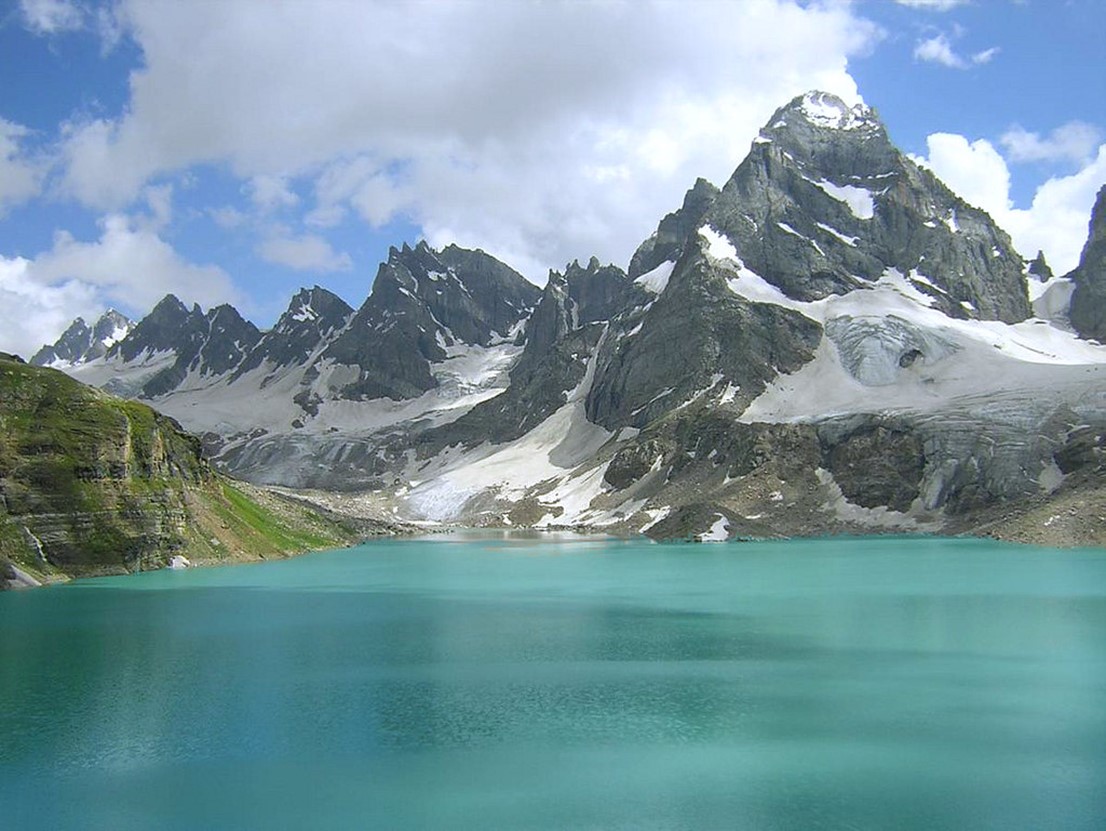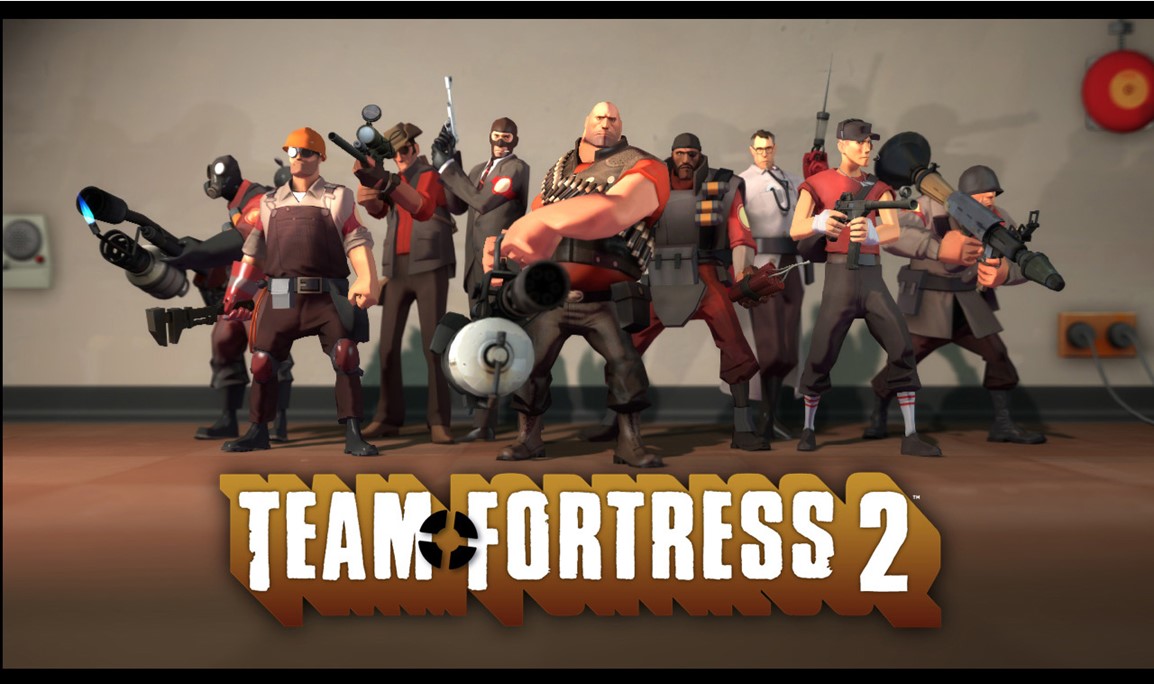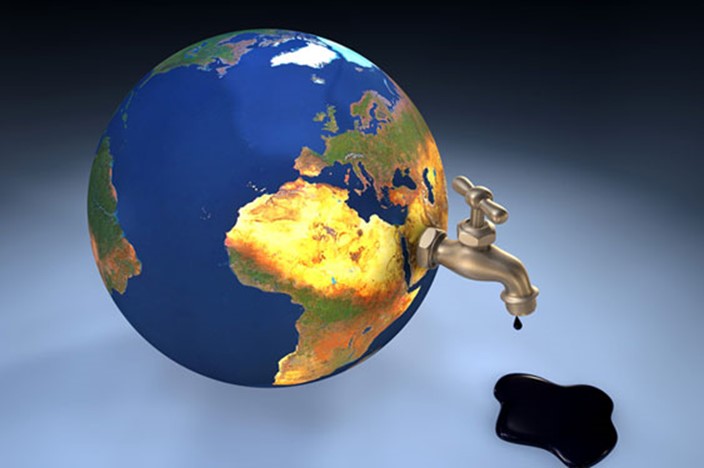Sell Your Wedding Online!
October 12, 2012 in Daily Bulletin, Signature

Having to call off your wedding is a traumatic experience. All the vendors such as the venue owners, decorators, and chefs will have been paid down payments that’ll now have to be forfeited. (We’re told that it might also cause some emotional distress, but hey, we’re an economics blog.) One entrepreneur has thought of a way to ease that pain:
- On BridalBrokerage.com individuals who’ve decided to call off their wedding can sell their wedding online.
- This allows another couple with slightly brighter prospects to get a wedding at a discounted price. They keep the same service providers who have already been given payments, and just proceed with the wedding as planned.
- Buyers can hope to save anywhere between 25% and 33% off the true cost of the wedding.
- The people behind the service say that while you may be buying somebody else’s wedding, you can still customize it for yourself. The chef, for example, may have been given a down payment, but that doesn’t mean that you can’t change the type of cake that will be prepared for the celebration.
- Despite high demand, other people’s wedding dresses and rings can’t be purchased through the site.
Read more about the service, how it works, and how much money you could save over here.
Source: Gigaom
Via: Marginal Revolution









Join the Discussion! (No Signup Required)